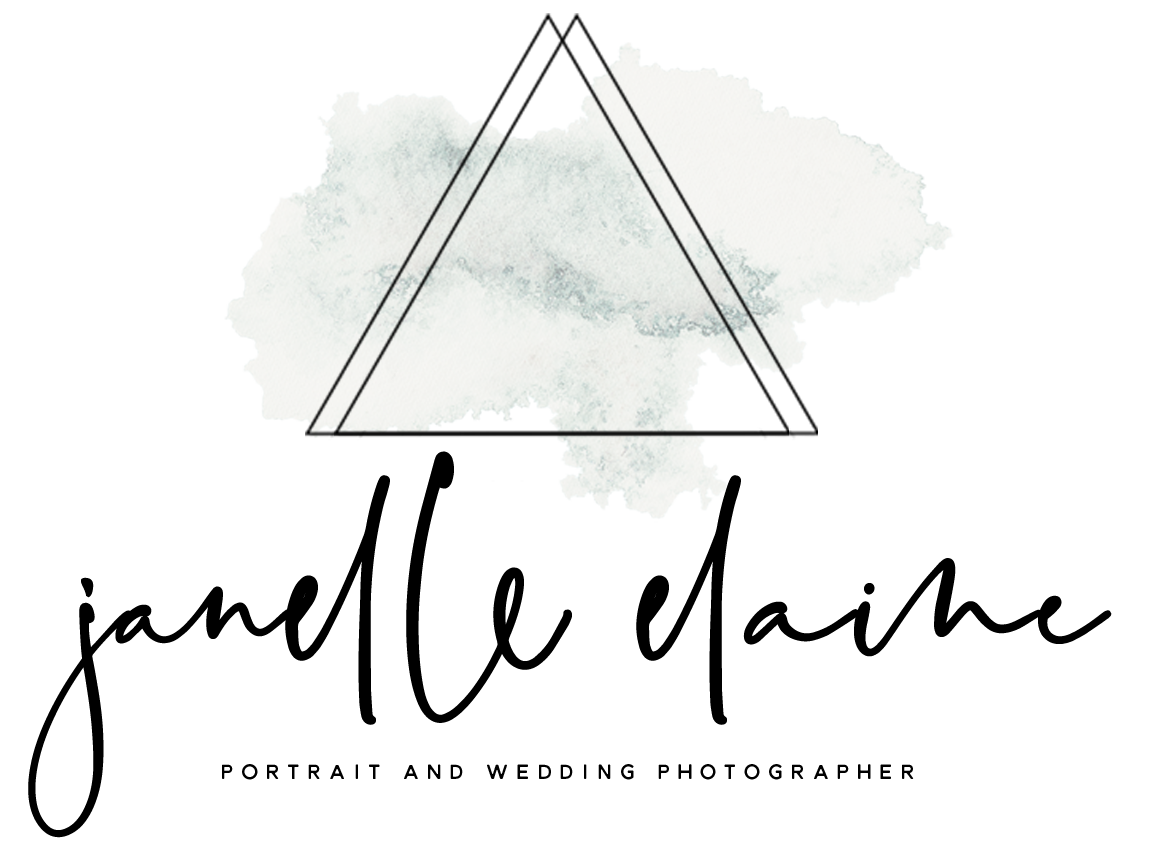Is being called skinny really a compliment?
I’ve always been a small person. From a tiny baby up, I was really short and petite. People called me a shrimp and a twig and cracked jokes about how the wind could blow me over. They’d make up stories or tease me that I had an eating disorder and told me I couldn’t even talk when the other women were sitting around complaining about their bodies, which I’ve gotta say, didn’t always feel the greatest. I may have outgrown some of the comments, but I still to this day get called out for being petite (I was just called a twig earlier this week actually, by a grown woman). 🤦🏻♀️
Listen, guys, calling someone ‘scrawny’, ‘twig-like’, ‘puny’, etc.. is no more a compliment than calling someone ‘husky’, ‘big-boned’ or ‘heavy-set’. So why do so many women do this? Do they honestly think they’re saying something kind? If they know it’s not, then why do they do it?
Projecting personal insecurities perhaps?
Think about it. You just ran into an old friend who looks like they dropped 50 pounds. What do you say? “Wow, Linda! You look amazing! You’re so skinny now! Did you lose weight?” While you might think of this comment as harmless and sweet, I think it’s worth considering what other messages you could be relaying. When you give someone a compliment based on the fact that they look “so skinny” and you didn’t comment how amazing they looked before they lost the weight as well, the message we are really sending out is this; you are much more beautiful when you’re skinny. Now before you roar, yes, I do hear the devil’s advocate on my other shoulder saying that some people do feel more beautiful after they’ve worked really hard to reach a weight goal and feel much more confident and sexy when they’re at their “ideal weight” vs. carrying more pounds than they desire and feel inspired by those compliments. I get that! And if they bring up their weight for open conversation, then that’s fine. I guess my question is this: is this really what we believe about true beauty deep down though? That an ideal weight is the foundation to being gorgeous? That achieving level skinny is equal to being seen as beautiful? If not, why are we bringing up other people’s bodies on our own accord for commentary?
Friends, we are the ones who little girls and boys look up to for an example of how to behave and respond. When we define beauty by outwardly standards, we subconsciously plant seeds of doubt and insecurity in these little minds and they see us doing it. Just the other day, a 3-year old I was watching was twirling her dress in her bedroom mirror and casually asked me “Don’t I look beautiful? I look so skinny.” From the mouths of babes, ya’ll. Maybe, if we stop basing our compliments largely on the size of someone’s body and instead practice genuine complimenting on what really matters, we’ll have a generation of young kids and adults who are more confident to shine in their own skin, no matter their size. That if they want to lose weight, that it’s because they want to and not because they’re trying to fit into a mold of what acceptably beautiful is.
I’m not going to lie, it’s crossed my mind that I’m sensitive and take all the body comments I’ve been given throughout my life too seriously. But, I also know that voicing my feelings about this topic online has returned to me an outpour of friends, family and strangers who have told me they’ve felt the same way after people have made back-assward comments about their body to them as well. No matter what the size of their body.
You know what though? These negative comments have become an important part of how I function as an entrepreneur. It’s taught me to genuinely interact with people beyond their physical looks when I’m photographing them and to compliment them in a way that’s not solely based around their body. Each of us have beautiful bodies worth celebrating and showing off, but I never ever would want to make another person feel their beauty is based on the size of their body.
Sometimes what’s intended to be hurtful can become the key to our help.
What negatives have you gone through and turned positive?

